According to the officials, Israeli authorities fear that members of the armed Syrian opposition could seize control of military facilities near the Golan Heights and use them against Israel.
Earlier, the Israeli army's Arabic-language spokesperson, Avichai Edri, issued a warning, calling on residents of five border towns in southern Syria to stay in their homes and not go outside for safety. Also, according to Israeli state broadcaster Kan, the Israeli army on Sunday took over the Syrian outpost on Mount Hermon after the Syrian army withdrew from its positions in the buffer zone.
Israeli Prime Minister Benjamin Netanyahu earlier said that the disengagement agreement with Syria on the Golan Heights, reached shortly after the 1973 Yom Kippur War, was no longer valid, as the Syrian military had withdrawn from its positions. The prime minister stressed that together with the defense minister and with the full support of the cabinet, he gave the order to the IDF to occupy the demarcation zone and the positions that control it.
Israel is actively strengthening its defenses on the Golan Heights amid the fall of President Bashar Assad in Syria and the capture of a significant part of the country by armed opposition forces.
Syrian armed groups captured the national capital of Damascus on Sunday. Syrian Prime Minister Mohammad Ghazi al-Jalali said that he and 18 other ministers had decided to remain in Damascus. Al-Jalali also said he had contacted the leaders of militant groups that entered the city. The Russian Foreign Ministry said that Syrian President Bashar Assad had stepped down and left Syria after negotiations with some participants of the Syrian conflict.
On Sunday, December 8, a source in the Kremlin told Sputnik that Assad and members of his family had arrived in Moscow, and Russia had granted them asylum on humanitarian grounds. The source also noted that Russian officials were in contact with representatives of the armed Syrian opposition, whose leaders have guaranteed the security of Russian military bases and diplomatic institutions in Syria.
The Golan Heights were part of Syria until 1967. During the Six-Day War, Israeli troops occupied this territory, and following the Yom Kippur War (1973), the parties concluded an agreement on a truce and the separation of forces. In 1974, UN peacekeeping posts appeared on the Golan Heights.

 4 months ago
30
4 months ago
30
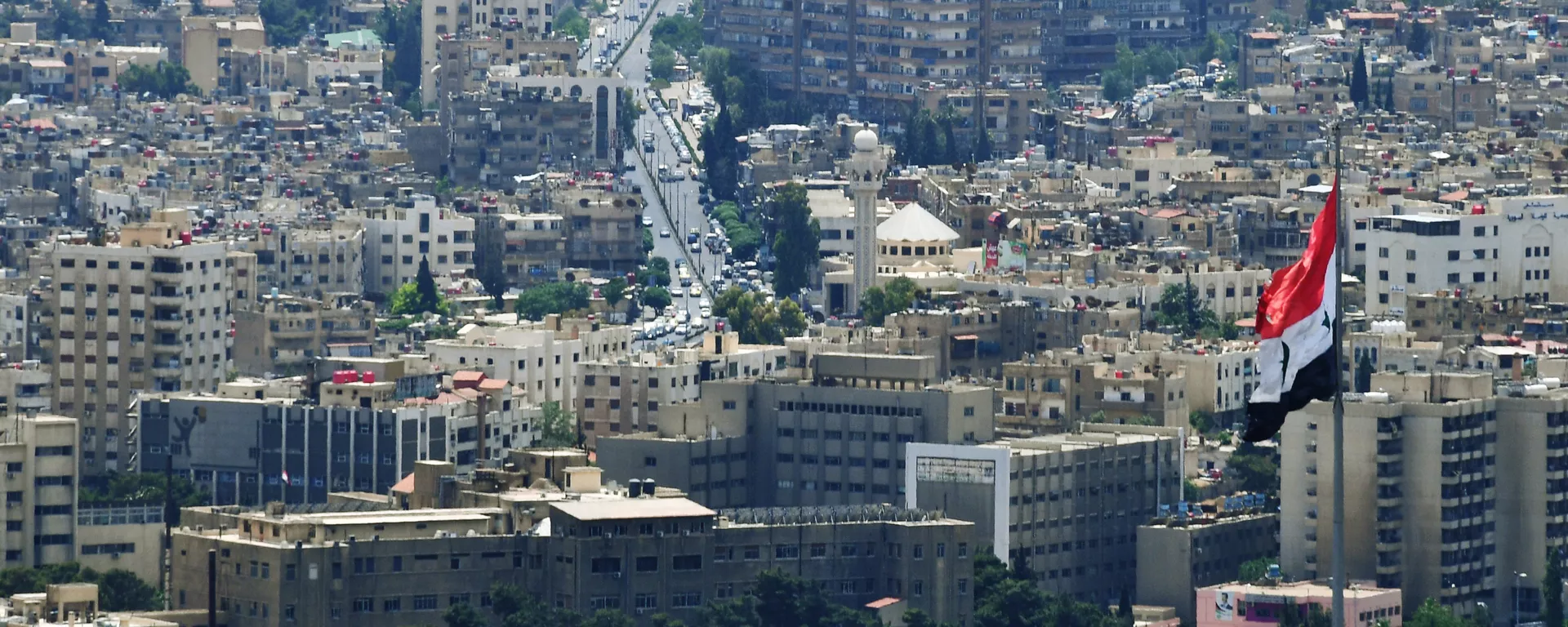
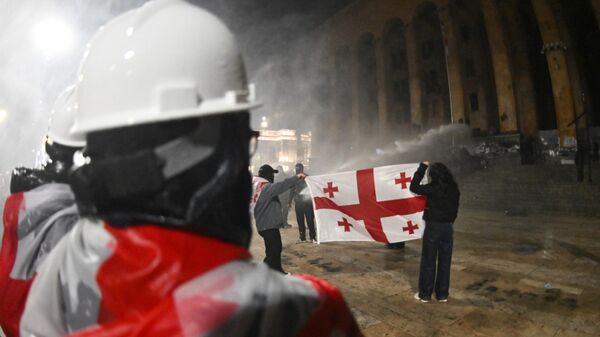
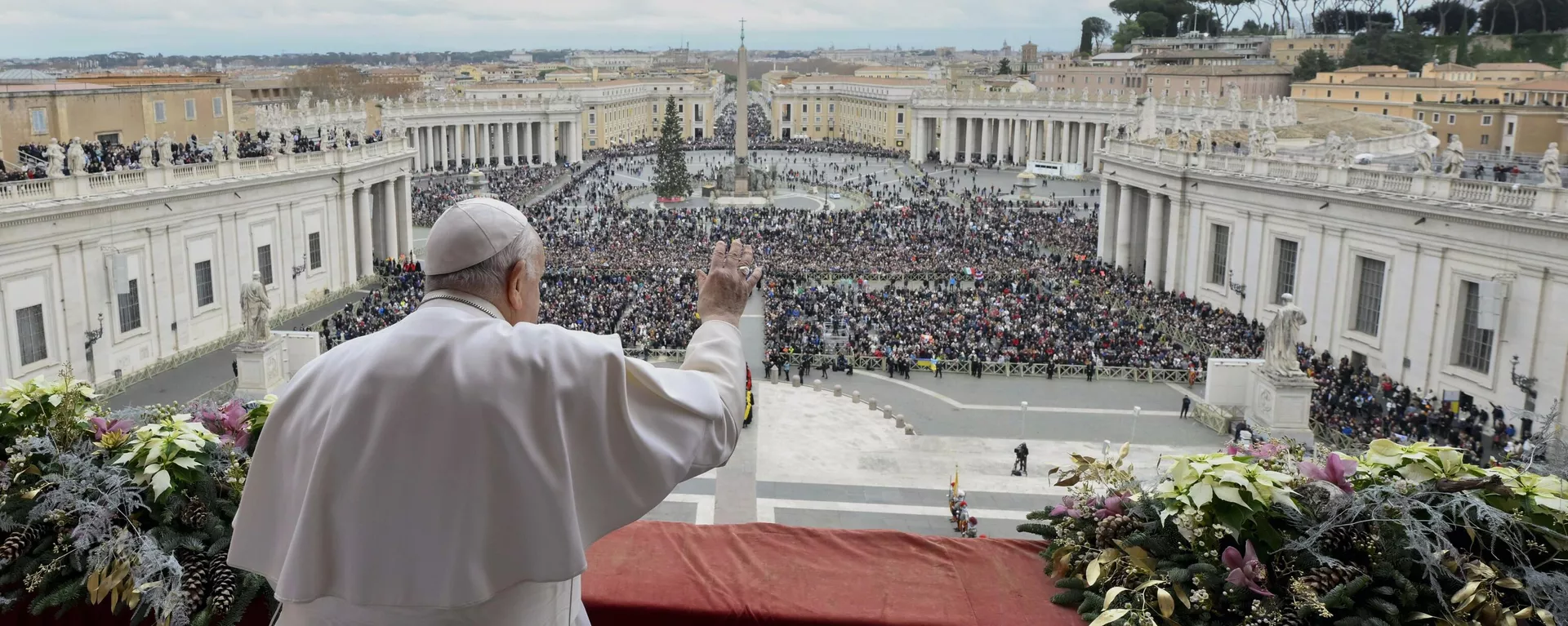

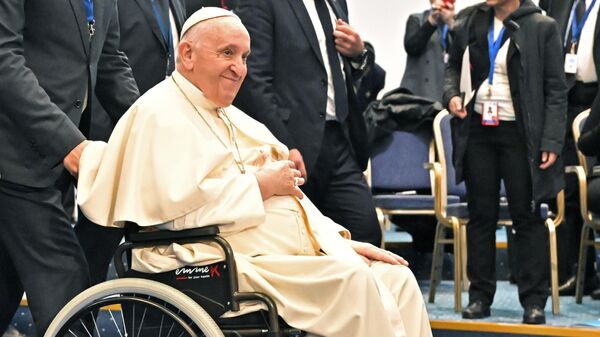
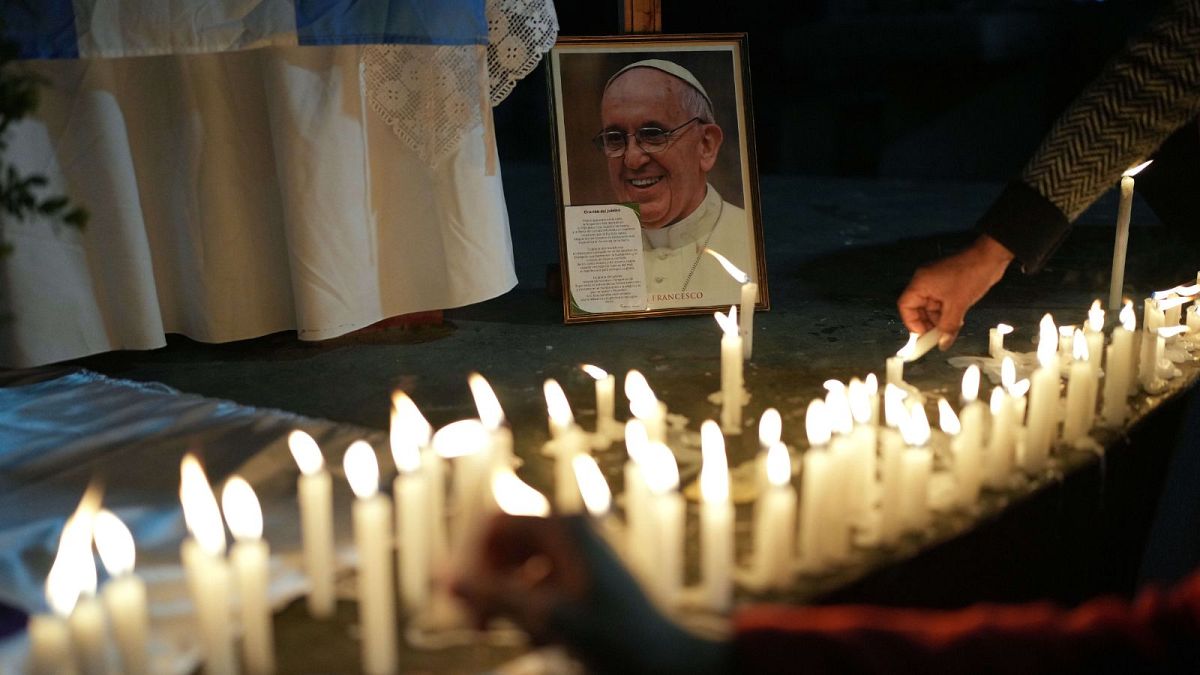

 We deliver critical software at unparalleled value and speed to help your business thrive
We deliver critical software at unparalleled value and speed to help your business thrive






 English (US) ·
English (US) ·